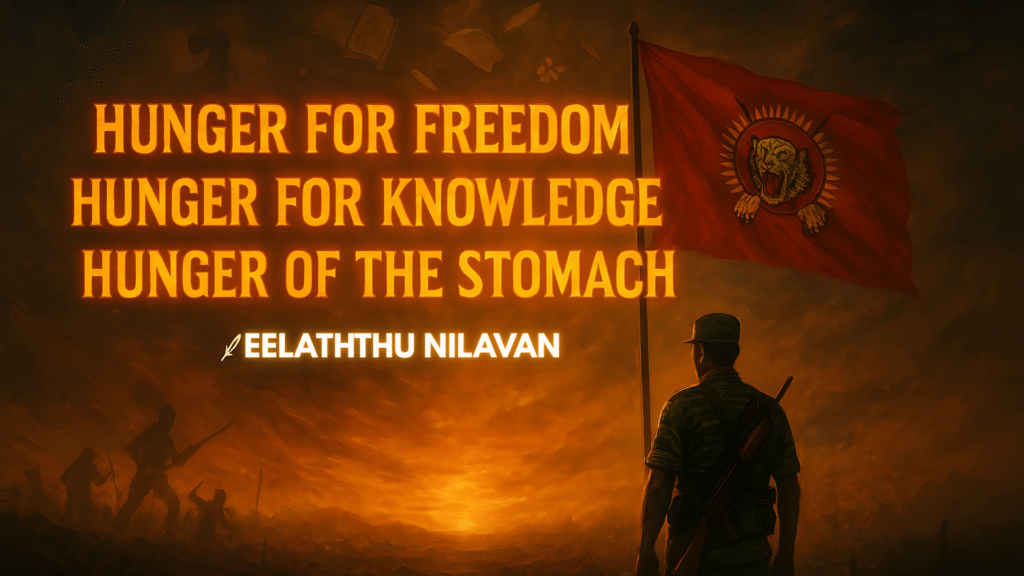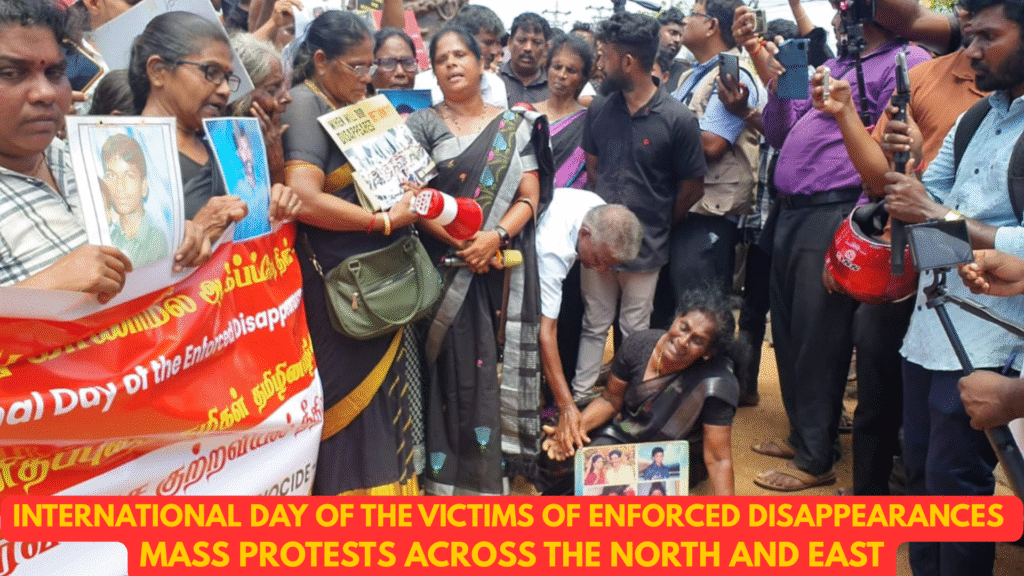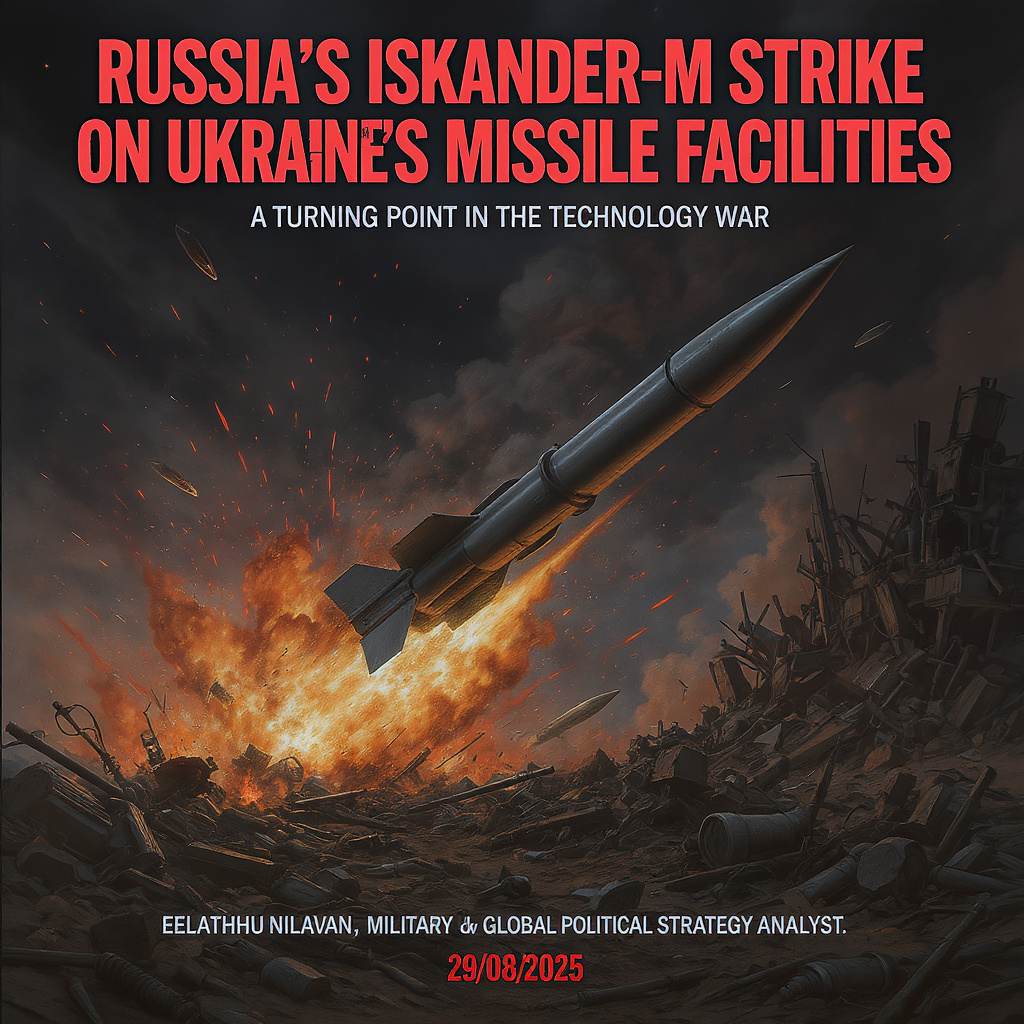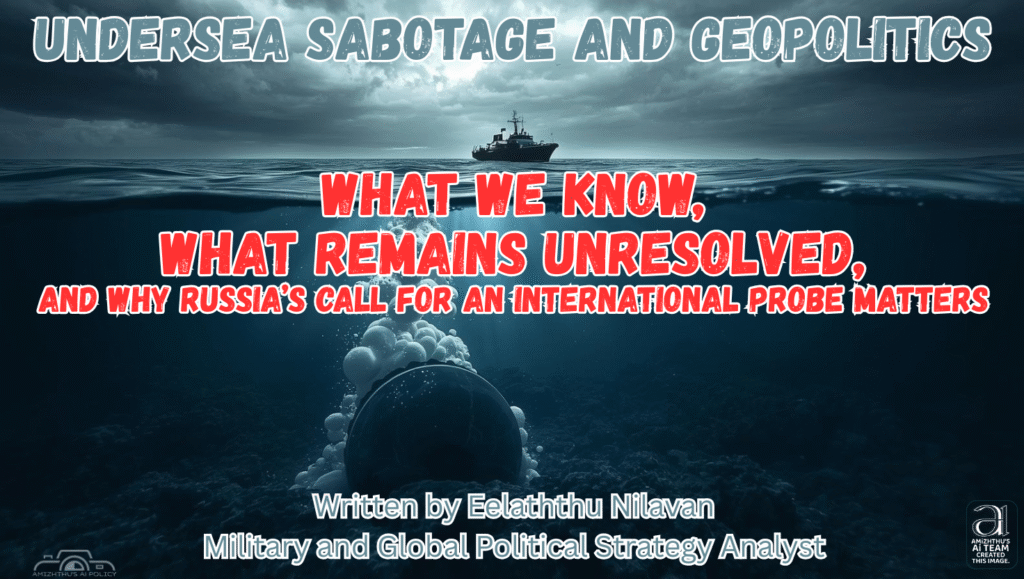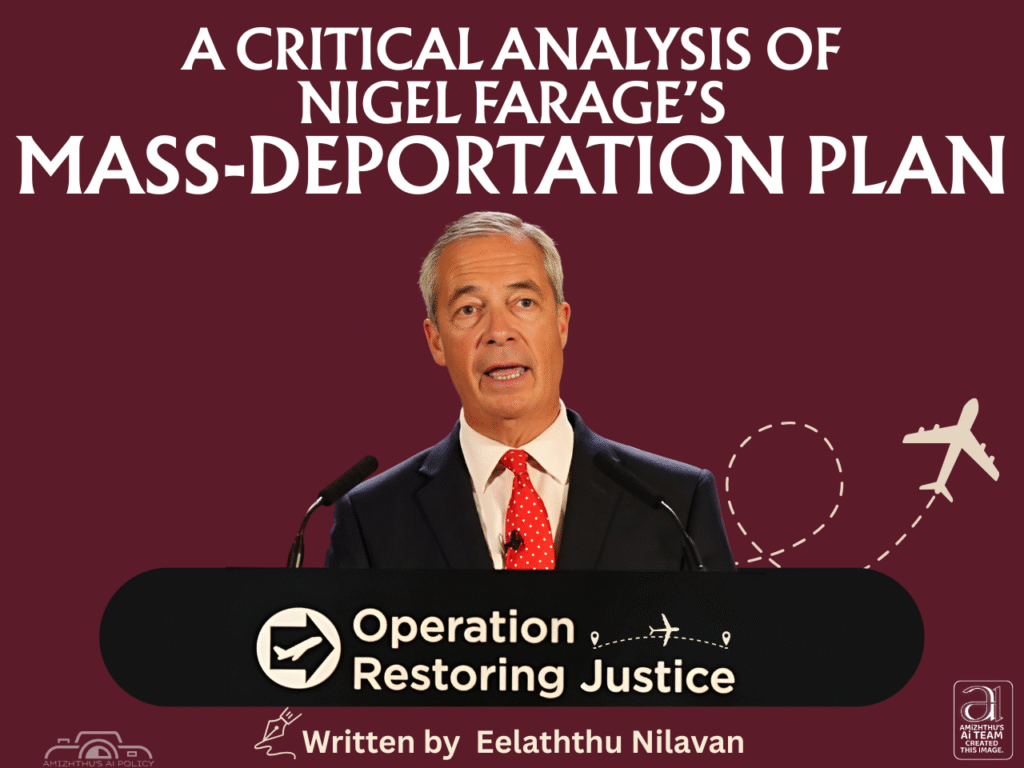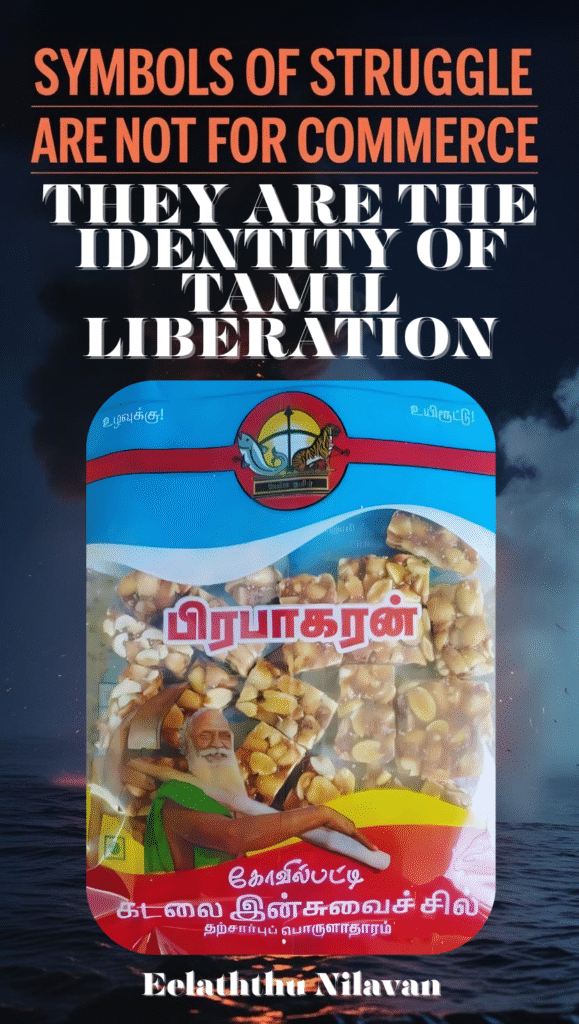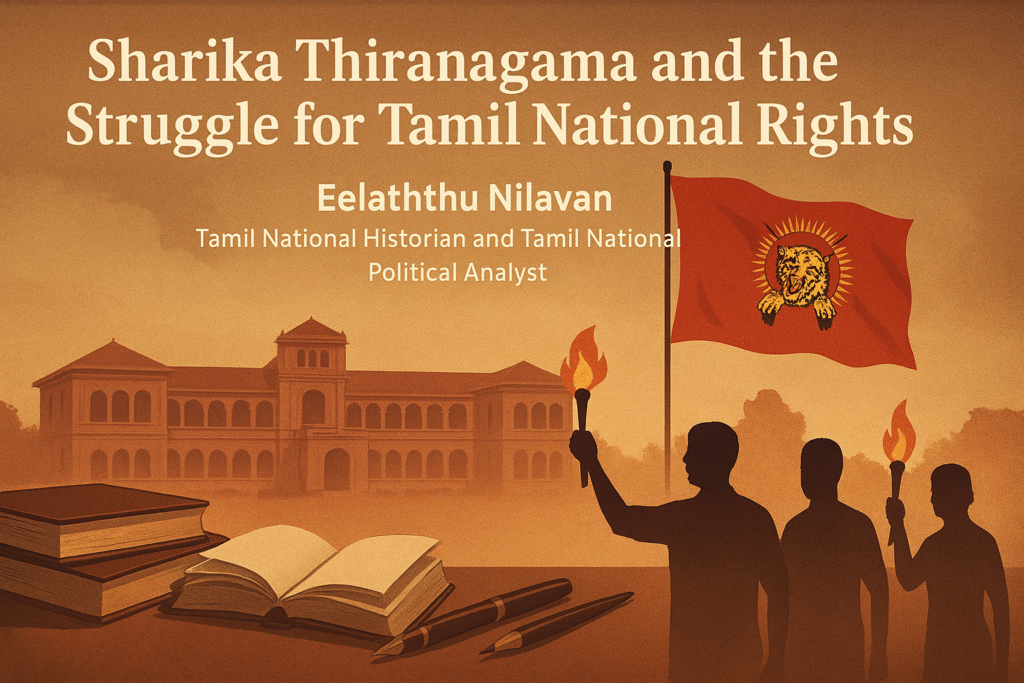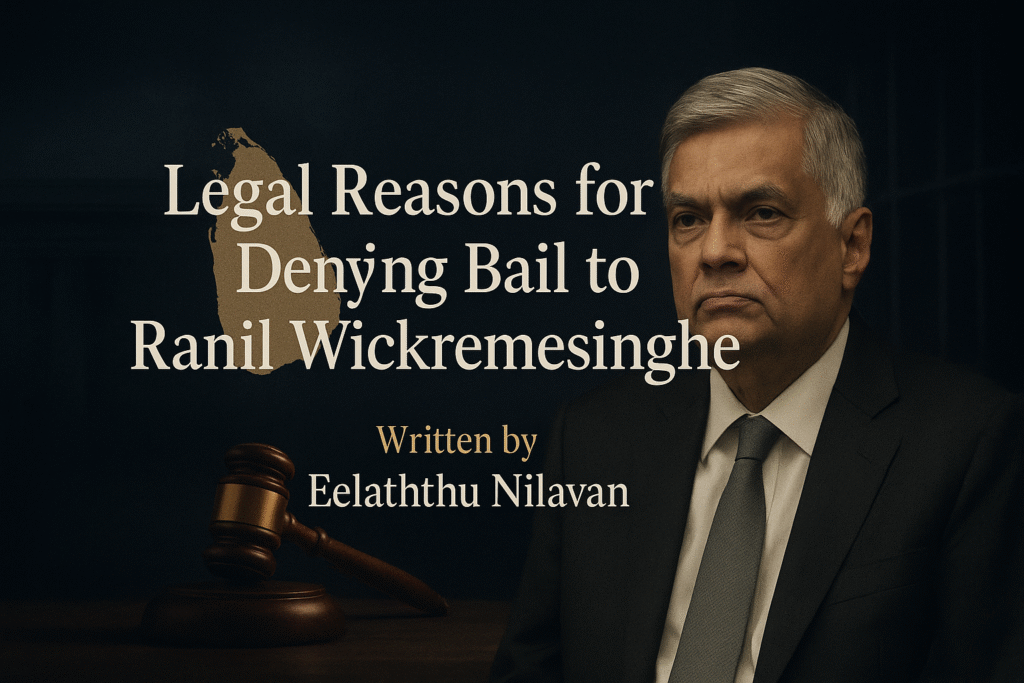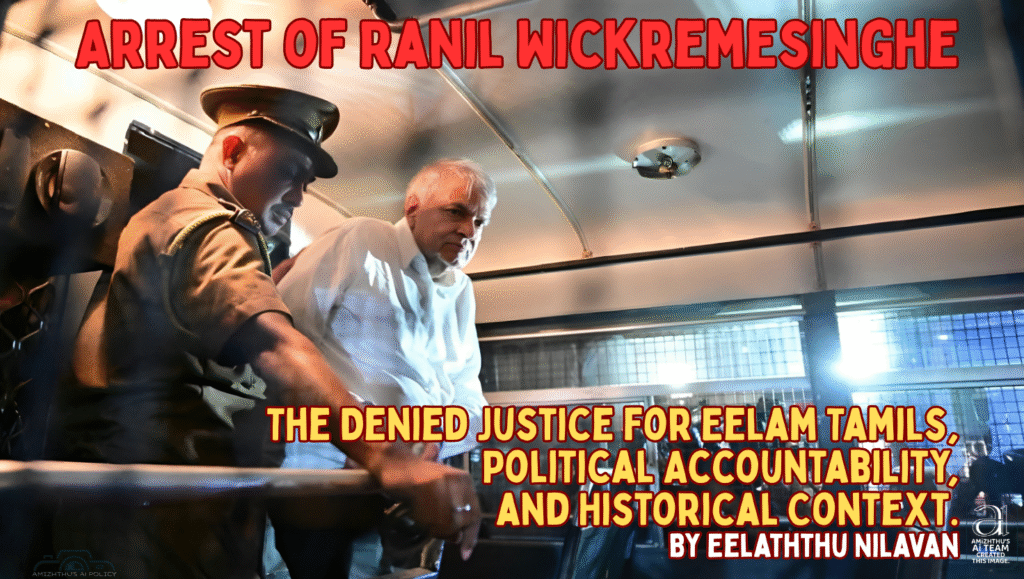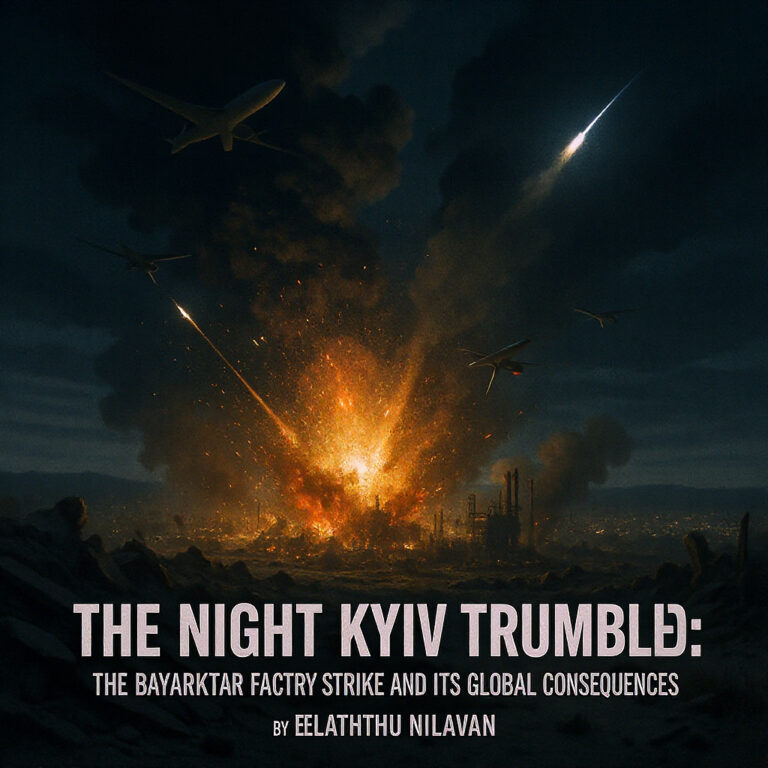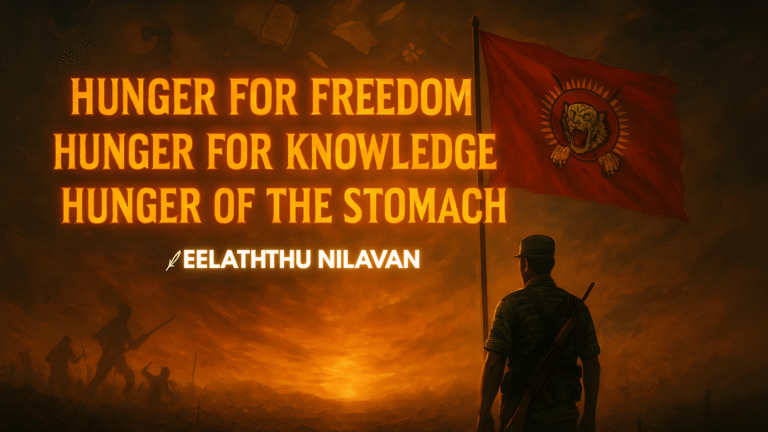
❖ Introduction
In a rapidly intensifying geopolitical climate, the United Nations Security Council (UNSC) convened an emergency session in response to escalating tensions between Israel and Iran. This rare and high-stakes meeting was requested by Iran, following a series of alleged Israeli military strikes and mounting threats exchanged between the two nations. The session, while diplomatic in form, was emotionally charged and, at moments, confrontational, highlighting the depth of mistrust and hostility at the core of this long-standing conflict.
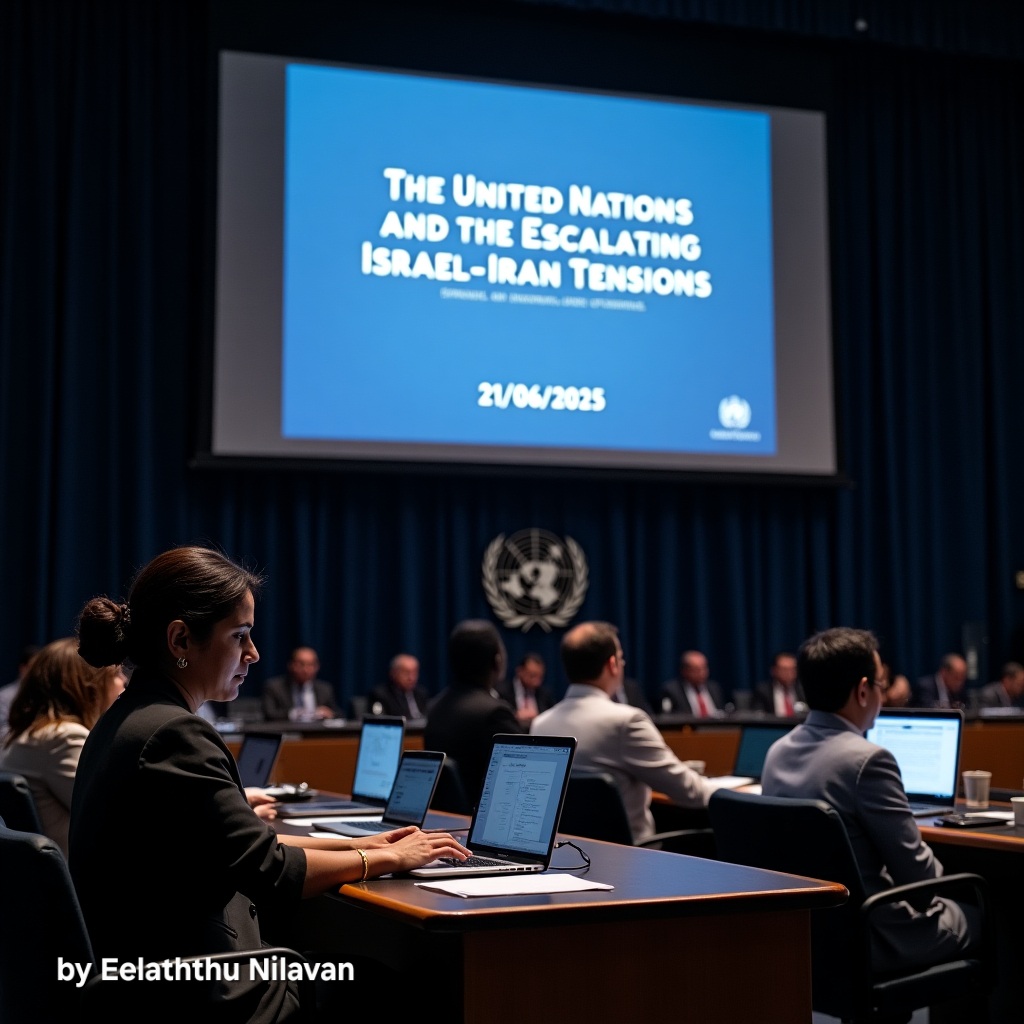
✦.Background: Why Now?
The emergency session comes amid:
❖ A suspected Israeli airstrike on an Iranian diplomatic facility or IRGC-linked target in Syria (according to Iranian sources).
❖ Iran’s retaliatory military posturing, including ballistic missile deployments and threats of counteraction.
❖ Fears that further escalation could pull in Lebanon, Syria, the Gulf States, and even Western military actors, leading to a wider Middle Eastern war.
Iran claims these provocations violate international law and the UN Charter, while Israel insists it is acting in pre-emptive self-defense against Iranian “terror proxies” like Hezbollah and the IRGC.
✦.Tensions in the Chamber
The emergency session, chaired by South Korea (rotating president), grew increasingly heated when:
❖ The Israeli representative launched a direct personal attack on Iran’s Ambassador, accusing Tehran of “terrorist sponsorship,” “nuclear deceit,” and “regional destabilization.”
❖ In response, Iran’s Ambassador defended Tehran’s actions, reiterating that Iran’s nuclear program is peaceful, citing IAEA inspections and Iran’s participation in the Joint Comprehensive Plan of Action (JCPOA) before the U.S. withdrawal in 2018.
The session momentarily devolved into verbal sparring before the Israeli delegate was formally warned for violating diplomatic decorum.
✦.Key Diplomatic Positions
 Iran
Iran
❖ Accused Israel of “state terrorism” and deliberate aggression.
❖ Reaffirmed that its nuclear activities comply with IAEA protocols.
❖ Urged the UNSC to condemn Israeli attacks and warned of proportional responses if aggression continues.
 Israel
Israel
❖ Framed Iran as the “chief destabilizer” in the Middle East.
❖ Warned that Iran’s “nuclear lies” are a direct threat to Israeli survival.
❖ Called on the international community to pressure Tehran through sanctions and deterrence.
 Russia
Russia
❖ Criticized both U.S. and Israeli military activities in the region.
❖ Called for non-interventionist diplomacy and restoration of JCPOA.
❖ Advocated for a neutral investigation into the recent strikes.
 United States
United States
❖ Expressed “deep concern” over Iran’s military escalation.
❖ Backed Israel’s right to defend itself but urged both sides to avoid regional war.
❖ Reiterated calls for Iran to return to nuclear transparency.


 France, the UK, and China
France, the UK, and China
❖ France and the UK supported de-escalation, calling for a UN investigation.
❖ China emphasized a “balanced” view and proposed reviving diplomatic negotiations under international supervision.
✦.Legal Framework and Violations
Iran cited Article 2(4) of the UN Charter, which prohibits the use of force against the territorial integrity of another state. Tehran claimed that Israel’s recent strikes constitute a violation of international law and sovereign aggression.
Israel countered by invoking Article 51, defending its right to pre-emptive action under self-defense in the face of “imminent threat” from Iranian missiles or armed proxies in Syria and Lebanon.
The Security Council did not adopt any resolution during the session, reflecting the deep divisions among the permanent members (P5).
✦.Global Reactions
❖ The Arab League remained divided, with some states privately supporting Israel’s stance against Iranian militarism, while others called for UN-led conflict resolution.
❖ European Union officials have urged both Iran and Israel to return to indirect talks and de-escalate the rhetoric and military posturing.
❖ Neutral nations like Switzerland and Norway have offered to mediate back-channel dialogue.
✦.Risk of Broader War
❖ The danger of a wider regional conflict looms large. Analysts warn of:
❖ Hezbollah (Lebanon) is entering into open confrontation.
❖ Disruptions in the Strait of Hormuz, threatening global oil trade.
❖ Proxy violence escalating across Iraq, Syria, and Yemen.
Possible cyberattacks and covert sabotage operations.
The UNSC session, while largely symbolic in immediate terms, may set the stage for further multilateral diplomatic efforts, or, in the worst case, signal the paralysis of global governance in preventing another Middle East war.
✦.Conclusion: What Comes Next?
This emergency UNSC session is not just about Iran and Israel—it reflects the fragility of international diplomacy in an era where old rivalries, nuclear fears, and proxy wars dominate global security. Without a unified global response and in the absence of meaningful negotiation channels, the world may witness a dangerous descent into multi-front regional warfare.
If the UNSC remains divided, alternative peace initiatives—possibly brokered by regional blocs or neutral powers—may become essential to stabilizing the Middle East.
Eelaththu Nilavan.
The views expressed in this article are the author’s own and do not necessarily reflect Amizhthu’s editorial stance.
MORE FROM AUTHOR….

